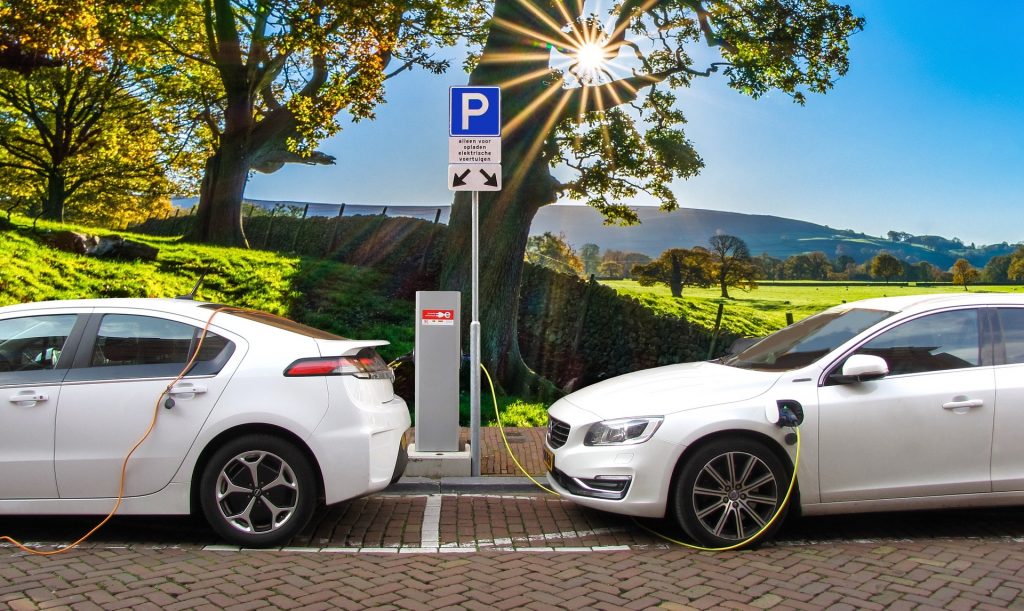Will Hitchcock is the founder and CEO at Above, a technology company that is using drones to accelerate the rollout of solar energy.
Sustainable battery power: Apple, Nissan and University of California
This week, I’m exploring some exciting developments around the reuse and recycling of lithium-ion batteries.
Coming up:
- Reuse: Nissan and EU Horizon 2020
- Recycling: Apple and the University of California
Reuse of lithium-ion batteries
After about 10 years of use, an electric vehicle’s battery will typically be replaced with 70-80% of its original capacity.
With a view to recovering this value, some car manufacturers have launched early-stage trials designed to explore the potential for reusing these batteries in a different industry.
Nissan and 4R Energy Corporation
A pilot designed to test the potential for reusing electric vehicle batteries to store energy used for street lighting.
OU Takso (EU Horizon 2020)
Another interesting pilot looking at how electric vehicle batteries could be repurposed to support the renewable energy sector within EU member states.
Benefits
If proven to be viable, this type of reuse model could create many new opportunities for innovation (the full potential of which is not yet known).
Large-scale reuse could also ease the pressure on the future supply of non-renewable resources by keeping batteries in use for around 20 years.
Challenges
Given the cost and complexity involved in recycling lithium-ion batteries, there’s no doubt reuse is an important development.
If governments continue to put pressure on businesses over issues like climate change, I would be surprised if we don’t see many other companies (at testing the waters) in this area.
But of course, the commercial case has to stack up. It is still possible that (in the absence of a compelling business case) battery manufacturers will simply replace resources like cobalt and nickel with cheaper materials. Not quick, not easy – and not a long-term solution – but a possibility.
Recycling lithium-ion batteries
Apple has confirmed it plans to “one day end” its reliance on mining by recycling millions of its customers unwanted devices.
The company already offers a good range of remanufactured products and a reasonably competitive trade-in service. And yes – there may well be a plan in the works for recycling lithium-ion batteries. But with no cost-effective, industrial-scale method for extracting resources like cobalt, it is likely to be many years away.
Two interesting developments (as far as I know, not linked to Apple) suggest progress is being made:
1. Lappeenranta University of Technology (LUT)
In 2016, researchers in Finland extracted cobalt, lithium and nickel from battery waste. All above the 99.5% purity required for use in new batteries.
2. University of California
In this small-scale pilot, researchers successfully manufactured new batteries using recycled lithium and cobalt with no loss of capacity or performance. They are now working on simplifying the process to make it viable on an industrial scale.
This final question is probably the most challenging.
While this all sounds great in principle, can it actually be done cost-effectively within a vast, global supply chain?
Share this post with your network using the buttons below.
Follow my profile on LinkedIn to receive future updates.
And if there is a topic you would like me to cover in a future post, please comment below or send me an email:
info [at] theb2bcopywriter.co.uk
**
All views are my own.






